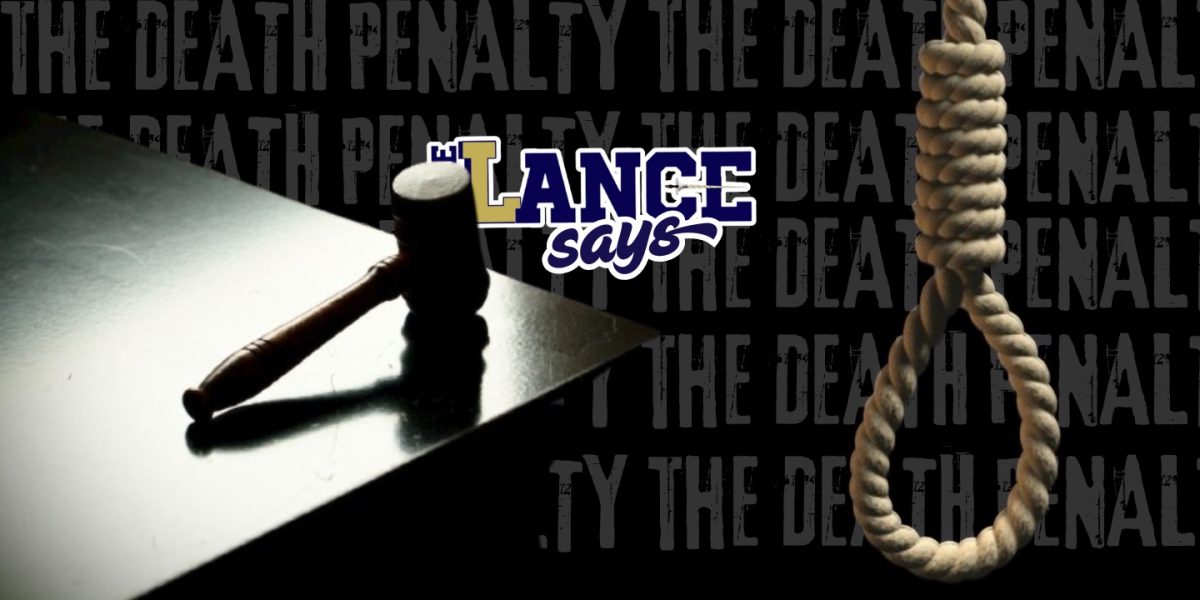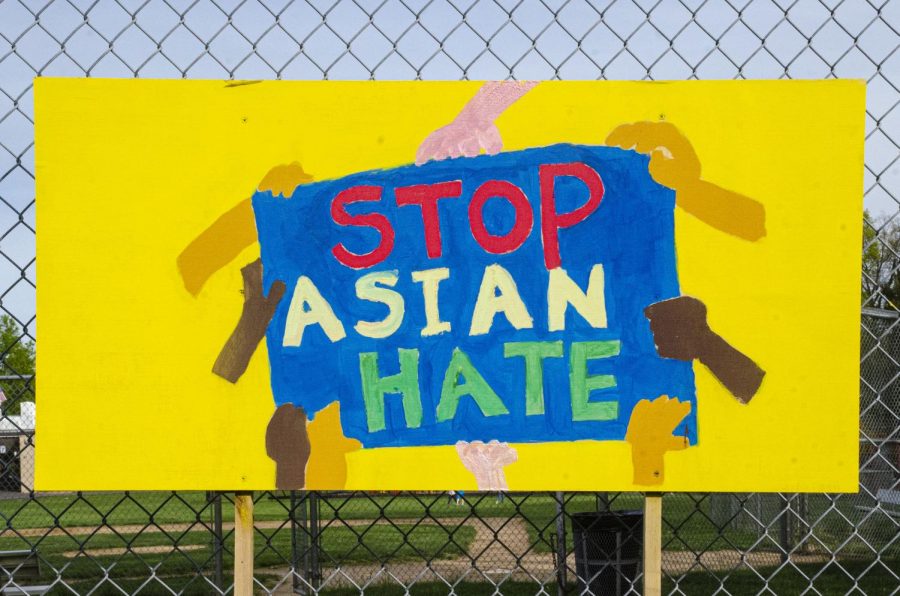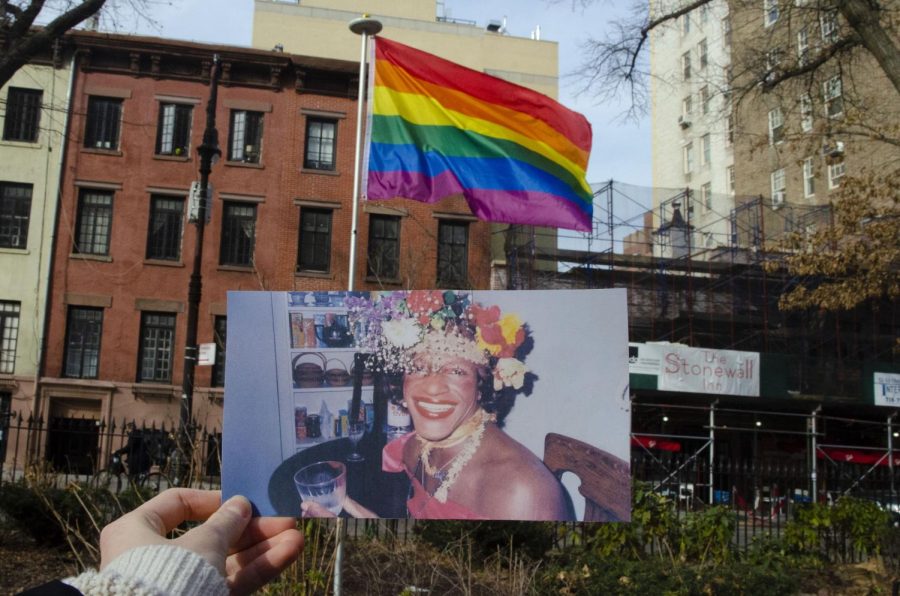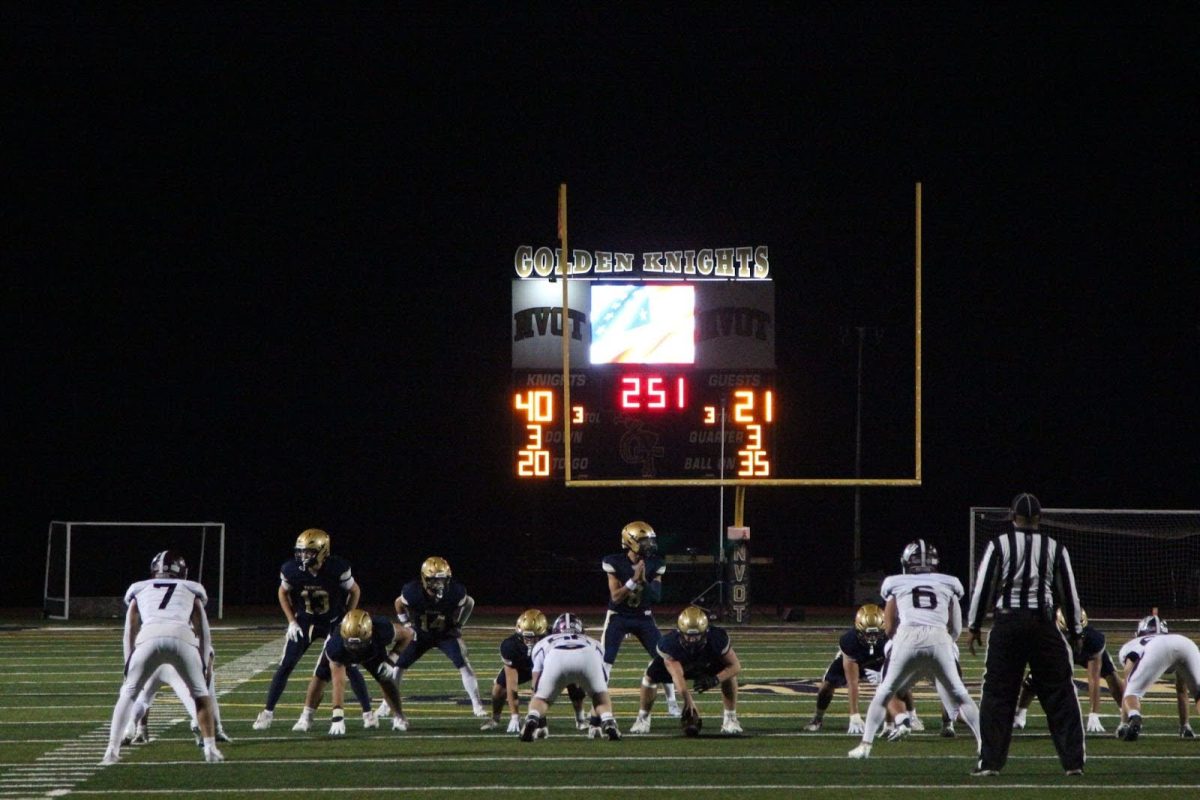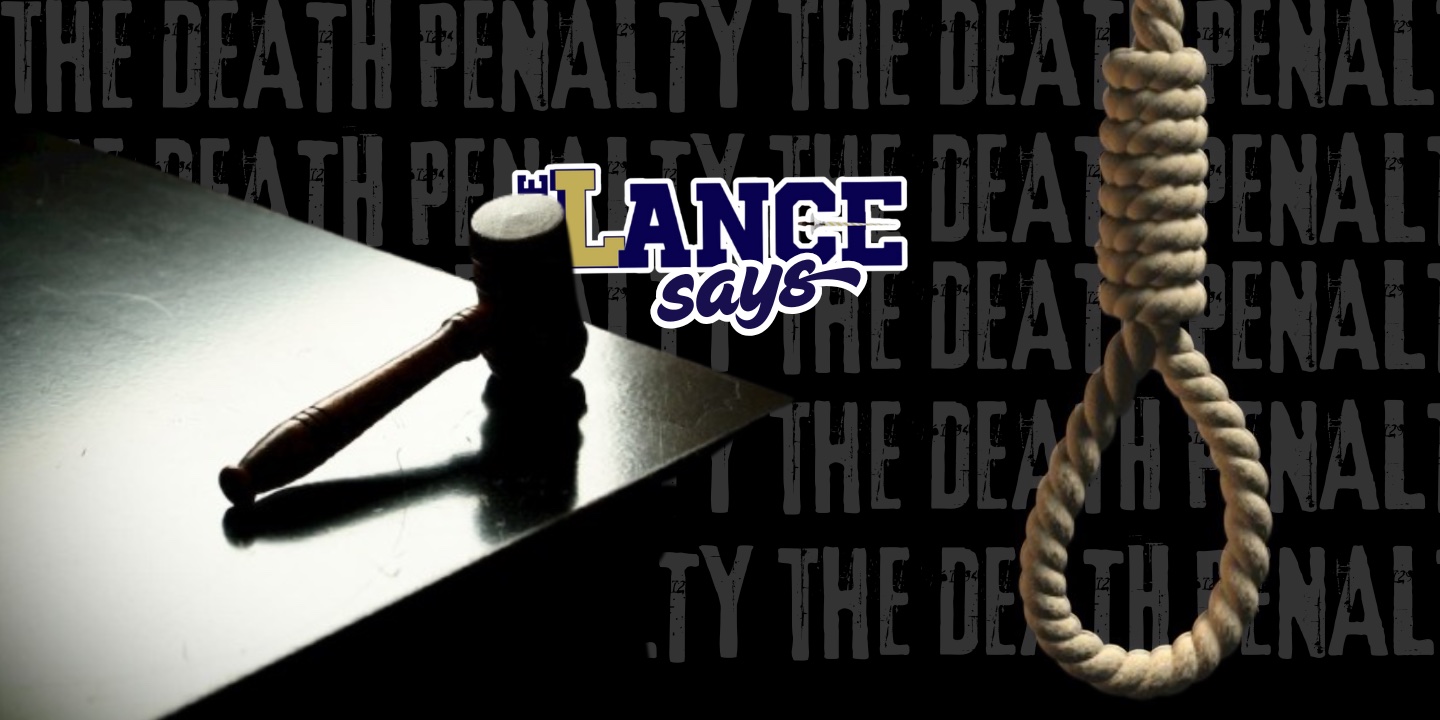Since the 1970s, at least 200 Americans have been wrongfully convicted and punished through the death penalty (Death Penalty Information Center). Since then, capital punishment has long been a controversial topic in America’s judicial system. The argument that it serves as justice for the most sinful crimes is often used to validate its existence, making it seem like a necessary measure that also delivers closure to criminals and their families. However, when looking closer at its application, deeper flaws are revealed that make it an unjust and ineffective form of punishment.
One of the most compelling reasons as to why the death penalty should be removed is the risk of executing innocent people. The irreversible nature of execution is especially risky in a system prone to error. Evidently, the Death Penalty Information Center finds that “through the death penalty, the criminal justice system has killed at least 20 people now believed to have been innocent and uncounted others whose cases have not been reexamined.” This number may seem minuscule, but even one wrongful execution is a grave misuse of justice.
Additionally, the death penalty is applied unfairly to people of color and those from lower socioeconomic backgrounds. Supreme Court Justice Stephen G. Breyer said that “death row exonerations were frequent…death sentences [are] imposed arbitrarily and that the capital justice system [is] marred by racial discrimination.” This quote reveals another problem within capital punishment: there are biases and inconsistencies that make it an inequitable form of punishment. With capital punishments, there is an extreme difference in the treatment of people from different economic classes, and if the application of the law is not consistent and unbiased, the entire system loses credibility.
Beyond the issues of fairness, there is no major evidence that the death penalty deters crime more effectively than life imprisonment. Studies have consistently shown that states that abolished the death penalty did not see a significant increase in crime compared to states that kept it, proving that its absence does not lead to more or less criminal activity. As Scientific American states, “criminal justice studies have consistently found that there is no evidence for deterrence of violent crimes in states that allow capital punishment.” This punishment is not only ineffective but also morally wrong as it leaves many families in distressing and traumatic situations.
Given these facts, the death penalty is an unnecessary form of punishment that has no place in society today. Currently, twenty three states have abolished the death penalty which still leaves offenders in more than half the country with the possibility of capital punishment. Life without parole would be a more humane and equally severe verdict that is a better solution than permanence of the death penalty.
Editors’ Note: The ideas expressed herein are the sole opinions of the writer, not of The Lance as a publication.















